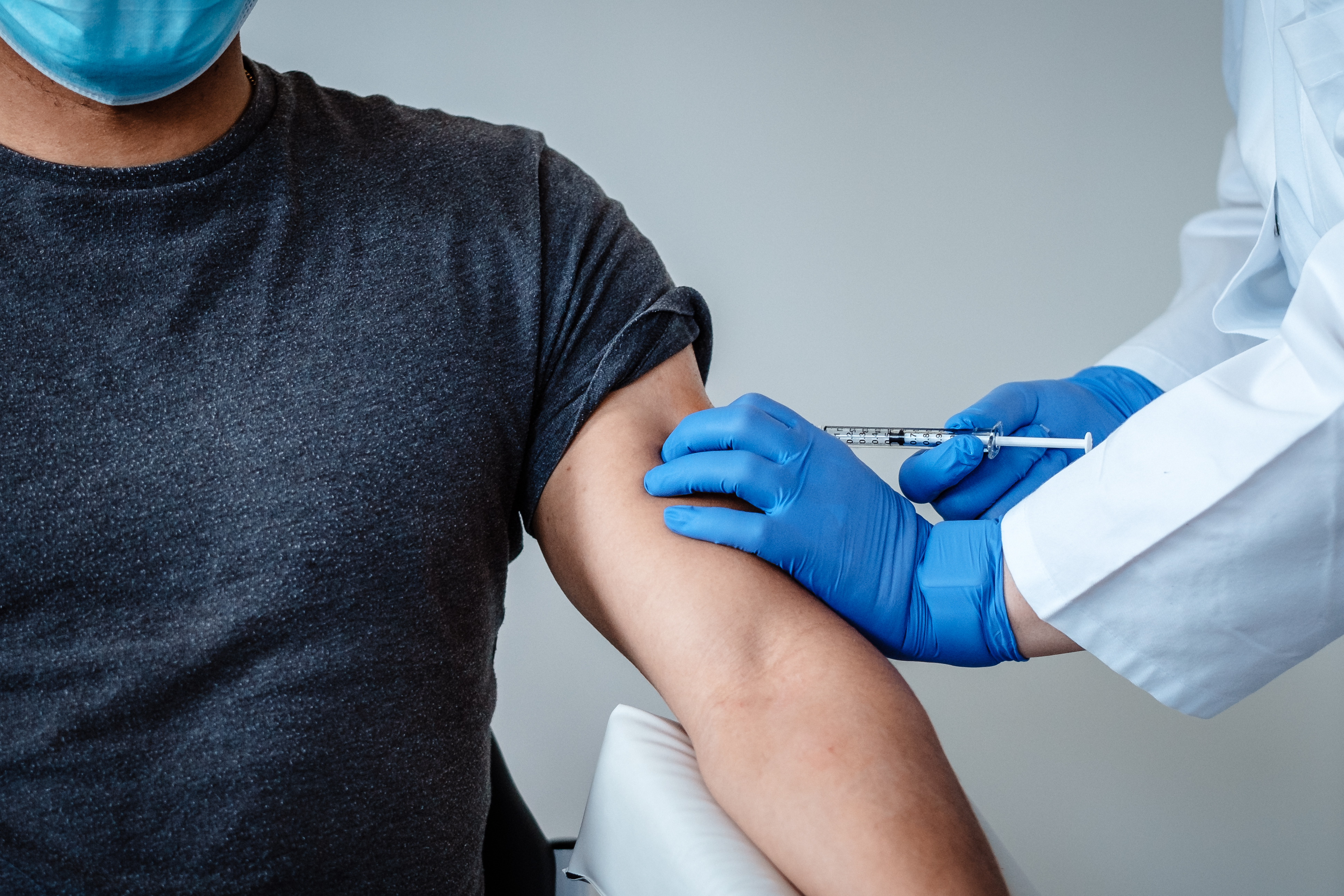Social media erupts as anti-vaxxers respond to COVID-19 vaccine approval –

In the midst of the jubilation about the UK’s emergency approval of Pfizer/BioNTech’s COVID-19 shot in the UK came the depressingly inevitable round of anti-vaccine social media activity and lobbying.
The green light for BNT162b was swiftly followed by posts on Twitter likening the vaccine to thalidomide – the drug that notoriously resulted in thousands of children being born with birth defects in the 1960s.
That ignores the fact that the thalidomide tragedy itself was responsible for the introduction of evidence-based medicine and reforms to the regulatory system that keep patients safe today.
While thalidomide is trending in the UK, it’s worth noting that many tweets are being posted by people slamming the #antivaxxers – a hashtag that is currently also riding high.
The Medicines and healthcare products regulatory Agency (MHRA) has been warning for some against anti-vaccine rhetoric that it fears could derail the coronavirus vaccination programme – which would be larger than any adult campaign carried out to date.
Pre-empting the backlash, MHRA’s chief executive Dr June Raine said at a Downing Street press briefing that despite the speed of its review, completed just three weeks after the final data were made available, no corners had been cut.
The vaccine had been approved after “an extremely thorough and scientifically rigorous review of all the evidence of safety, of effectiveness and of quality,” she asserted, adding: “The safety of the public will always come first.”
As the vaccine starts to be distributed, the National Institute for Biological Standards and Control (NIBSC) will be carrying out independent lab tests to confirm that every single shot that goes out meets the required standards for safety and quality, according to Raine.
Anti-vaxxers have been responsible for promulgating a series of fantastical rumours and conspiracy theories about coronavirus vaccines, including a persistent claim that vaccination will result in people being implanted with a microchip that will be used to track them.
Other false claims are that RNA-based vaccines like BNT162b can alter a recipient’s DNA and that the shots will contain tissue from aborted foetuses.
While some of these are frankly comical, the fear is that the spread of misinformation into mainstream media sources could result in fewer people taking up the opportunity to be vaccinated, undermining the programme.
Research published by the Vaccine Confidence Project – a unit of the London School of Hygiene & Tropical Medicine – found that misinformation around a COVID-19 vaccine induced a fall in the willingness to receive it among those who would otherwise “definitely” vaccinate.
VCP’s study found that only 54% of UK people would definitely have a COVID-19 vaccine – higher than the 41% seen in the US – with most of those who were reluctant citing safety concerns or a sense the threat posed by the pandemic had been overblown.
That’s already fewer than is required for herd immunity – a level of protection that would impact on virus transmission – but most worrying was that exposure to misinformation reduced the proportion of those definite responses by more than 6%.
“I hope that enough people take these vaccines, but I think it is going to be much more of a challenge than is recognised,” VCP director Heidi Larson told the Financial Times this week.
Speaking to the BBC today, Pfizer’s country manager for the UK, Ben Osborn said that “after the provision of clean water, vaccines are…the single most effective public health intervention we can make”. He also stressed that the study behind the approval was assessed by an independent panel with no links to Pfizer and BioNTech.
Health secretary Matt Hancock has also responded to questions about the anti-vax movement today, telling LBC radio that “the good news is that it’s not growing”.
“We monitor this very carefully and actually the number of people who want to have the vaccine is increasing,” he said
“The regulators are fiercely independent – they would not approve this if it wasn’t safe.”
800,000 doses of BNT162b have passed batch testing and should be ready within the next few days, and will be prioritised for elderly people in care homes and care home staff, followed by over-80s and health and care service workers.
The UK has ordered 40 million doses – enough for 20 million people – with several million doses expected to be available by year-end. Scottish leader Nicola Sturgeon said the first vaccines would be available in Scotland from Tuesday next week.
Twitter has also seen a debate about how the UK was able to become the first country in the world to approve the vaccine.
Hancock said the country was able to move quickly because of Brexit, but Raine emphasised in the press briefing that the approval was “made under provisions under European law which exist until January 1”.
The European Medicines Agency will meet on 29 December to decide if the safety and efficacy of Pfizer and BioNTech’s vaccine supports its approval.

